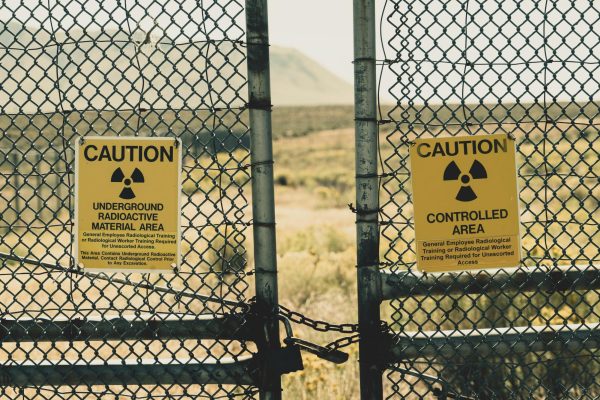Will the Pandora Papers Help Hold the Powerful Accountable?
October 15, 2021
Following the release of the incriminating Panama Papers in 2016, the International Consortium of Investigative Journalists recently released almost 12 million documents revealing hidden wealth, tax avoidance, and money laundering by the world’s rich and powerful, under the title of the Pandora Papers. The Consortium has been working with more than 140 media organizations and 600 journalists, and through 117 countries for months to find how the most powerful people in the world, including more than 330 politicians from 90 countries, use secret offshore companies to hide their wealth.
The phrase “offshore company” refers to complex networks of companies set up across borders, often resulting in hidden ownership of money and assets. Loopholes in the law allow people to legally avoid paying taxes by moving their money to these offshore companies, which are often located in tax haven countries. This practice is considered unethical. In addition, while having secretive offshore assets is not technically illegal, using a complex network of secret companies to move around money and assets is an ideal way to hide the profits from criminal activities.
The name of the report refers to the Greek myth about a sealed jar containing the world’s evils, uncorked by Pandora herself out of curiosity, and this reference could not be more astute. The papers accuse King Abdullah of Jordan of using shell companies in the Caribbean to acquire 15 properties around the world as people in his country still lack access to basic services. It linked Russian President Vladimir Putin to assets in Monaco and even to a potential illegitimate child. It also uncovered tax avoidance from a variety of dedicated anti-corruption political leaders or activists in Pakistan, the Czech Republic, and Kenya. Other names pulled from the report include former British Prime Minister Tony Blair, Ukrainian president Volodymyr Zelensky, UAE Prime Minister Mohammed bin Rashid Al Maktoum, and family members of former Argentine president Mauricio Macri. These names are present alongside transnational criminal organization leaders, such as Raffaele Amato, boss of the Amato-Pagano drug trafficking clan.
The mission of the Pandora report is to accelerate action to strengthen international financial regulations, curb tax avoidance, and severely restrict the ways that the wealthy can hide assets. However, according to Lakshmi Kumar, policy director at Global Financial Integrity, a Washington-based research group on illicit financial flows and corruption, another major takeaway from the report was the complicity of bankers in helping their wealthy clients. In addition, Robert Silverman, the senior advocacy manager of Oxfam America, remarked that “the Pandora Papers is a damning reminder that the United States has two separate tax systems – one for the uber-rich and well-connected, and one for everyone else” in responding to findings that several U.S. states were sheltering a minimum of $1 billion for offshore clients, leading to a promise of review by the State Department.
The shocking nature of the Panama Papers created an initial uproar. According to the ICIJ, investigations were sparked in 82 countries, trust laws around the world were strengthened, and tens of powerful people resigned their positions. Smaller scandals were also uncovered by governments’ follow-up investigations. Nearly five years later, however, the only long-term impact seems to be showing us that addressing tax avoidance and evasion requires new tools and new approaches. The vast majority of action taken may have been frowned upon, but it was not illegal, and the true scandal may be that governments everywhere are plagued by lobbyists and self-interested parties who have little desire to bring about meaningful change.
The release of the Pandora Papers may create a larger uproar among those who urge for tax reform. However, the Pandora Papers are likely to follow the fate of the Panama Papers in their disappearance. Although the Pandora Papers act as a reminder that the wealthy and powerful play by a different set of rules, their true long-term impact is still within question.












